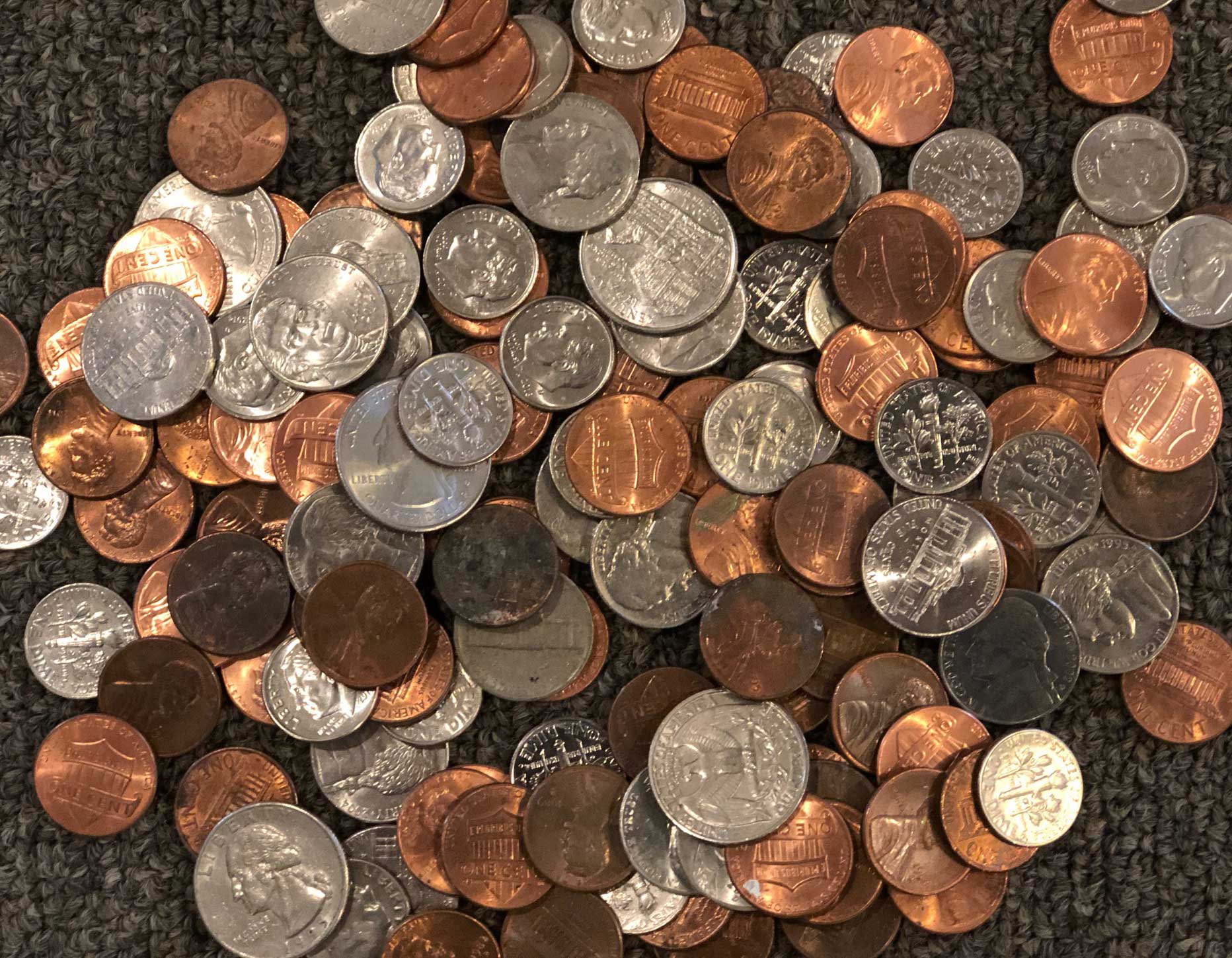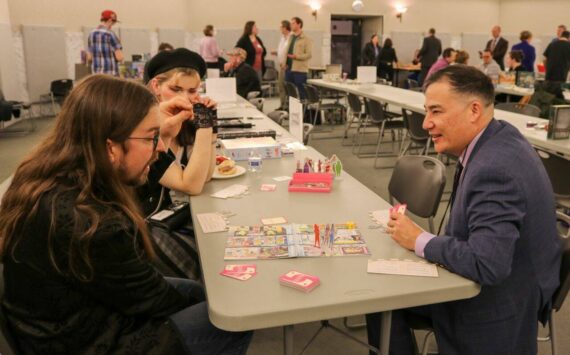It may not be easy to get rich quickly, but it is relatively easy to get rich slowly
By Morf Morford
Tacoma Daily Index
Many years ago I was helping an older woman with some basic clean-up around her North End home.
Her husband, then deceased, had been a doctor in Tacoma. She was of the generation which took it as a given that a young couple, upon getting married, would buy a home, however humble, and start their own family.
This was in the days of affordable “starter” homes. (1*)
One day, over lunch, she made an observation; “In our country you have to work really hard to end up poor.”
It’s an interesting premise; her core assumption, after many decades of work and life experience, at least among the people she knew, was that accumulating wealth and achieving financial stability and security, at least once you established your place on the right track, was something akin to a natural force, a financial equivalent to gravity. Personal success, for those on the proper social conveyer belt, was largely inevitable.
It was poverty and failure, not prosperity, that needed to be sought after and pursued.
Perhaps it is not so different now, at least for those born into the class where success and opportunity is almost hard-wired into one’s childhood experiences. Going to the “right” schools, and having friends and experiences, from travel to the best summer camps can make all the difference in one’s life trajectory.
But as Ivanka Trump put it, Americans “prefer to earn their own money.”
We Americans love, or at least used to love, the rags to riches story – the premise that anyone with enough gumption and “can-do” spirit could accomplish almost any dream.
Few things are, or at least used to be, more alien from the American Dream than the idea of a dynasty – either financial or political.
And perhaps no story is as inspiring as that of the artists or craftsmen who emerged from poverty and made their way into prominence and success by mastering their craft.
I’d have to agree that our economic system, for most of its existence, has favored those willing to make the best of opportunity by seizing it and making the proverbial better mousetrap.
Our core shared cultural assumption was that honest work was rewarded, innovation was what we did best and a level playing-field was an advantage to all parties.
I might be old-fashioned, but I not only still believe those things, but I am convinced that they are what has made America a promise and beacon to those seeking success from around the world.
This “American Dream” has taken a beating the past several years. Multiple studies have shown that approaching half of all Americans struggle to pay all of their bills on a regular basis – and about that many could not cover an unexpected expense of $400. (2*)
In spite of recent glitches, I am convinced that “The America Dream” is still possible and within reach of almost all of us – even those of us not born in privileged circumstances.
The social mechanism is still there, though certainly compromised by inertia, negligence and outright distortion, if not manipulation by those who would siphon away those resources that would make our economy more stable, promising and equitable both for those currently participating in our economy as workers or consumers and for any future generations.
Gaining financial stability – if not relative abundance – is not terribly difficult. As the cliche goes, it may not be easy to get rich quickly, but it is relatively easy to get rich slowly. Wealthy and prominent families may take generations to get there – and some have even learned to keep their wealth and power – though history is packed with stories of familial wealth and power gained and lost.
But for those not born into wealth and not planted by family on the success conveyor belt, there are a few simple and accessible strategies anyone can employ to establish unexpected levels of personal assets.
After all, who has not been astounded by the accumulated wealth of seemingly humble janitors, barbers or waitresses?
So here are a few tips to get that fortune machine working on your behalf;
First of all, those stray dollars and minutes add up. For example if you got out of bed and moving five minutes earlier each day, that would give you about 150 minutes a month, or 30 hours a year. (3*)


Get comfortable being uncomfortable. Get out for a quick “first thing in the morning walk” or, when you take a shower, switch the water to cold for a few seconds – it will wake you up for the rest of the day.
You are under no obligation to spend, eat, dress or go on vacation like others do. You’d be amazed how much you can save by avoiding those continual expenses.
I have a friend who has accumulated an unexpectedly abundant retirement fund by basically never going to movies. I’m not ready to do that, but I do cringe when I pay full price for a movie – and popcorn. Factor in other expenses, like gas, parking and baby sitting and you have a major cash drain in motion.
Consider for example, The Avenger series, it could easily cost you hundreds of dollars that could have been invested and be working for you.
In short, everything adds up.
I read somewhere that the average American gains three pounds a year. Over a year or two, that might not be noticeable, but over a decade or two, it can make a huge difference.
In contrast to this point, not every “investment” of time, money or attention can be measured.
Those acts of generosity or encouragement which make your community a better place could have far more lasting benefits than any direct financial return.
Be a tutor or advisor for those exploring and making their place in the world.
Don’t be afraid to challenge assumptions. Many years ago I attended a conference where one of the speakers emphasized what he called “The lasts words of a dying organization – ‘We’ve always done it this way before.'”
And don’t neglect the lessons you can learn, even from the greatest disasters. Be sure to learn from the mistakes of others so you don’t have to go through them yourself.
Learn your own pace and peak times. I have learned that first thing in the morning is probably my most creative and receptive time. Pay attention to your most focused time of the day and guard it and make the best use of it.
Get enough rest. Gratitude is the best sleep aid.
Use your focus and be sure to give yourself a few breaks – move around and get those ideas in motion.
Find a good set of mentors and models – read books, watch TED talks and attend conferences. You never know when inspiration – or that networking connection will click for you.
In short, wealth – and poverty – are cumulative. Over the years – and decades – our individual daily choices congeal. Either way, each day takes us further along.
(1*) The idea that housing – or any other basic if not essential commodity would ever not be “affordable” was an alien concept to this generation. After all, the premise of a free market is to sell a product – why would anyone make a product that was not affordable?
(2*) https://money.cnn.com/2018/05/22/pf/emergency-expenses-household-finances/index.html
(3*) Here are some tips on how to best use those few “extra” minutes each day – https://www.inc.com/christina-desmarais/8-ways-to-be-more-efficient-get-more-done-have-an-awesome-day.html








